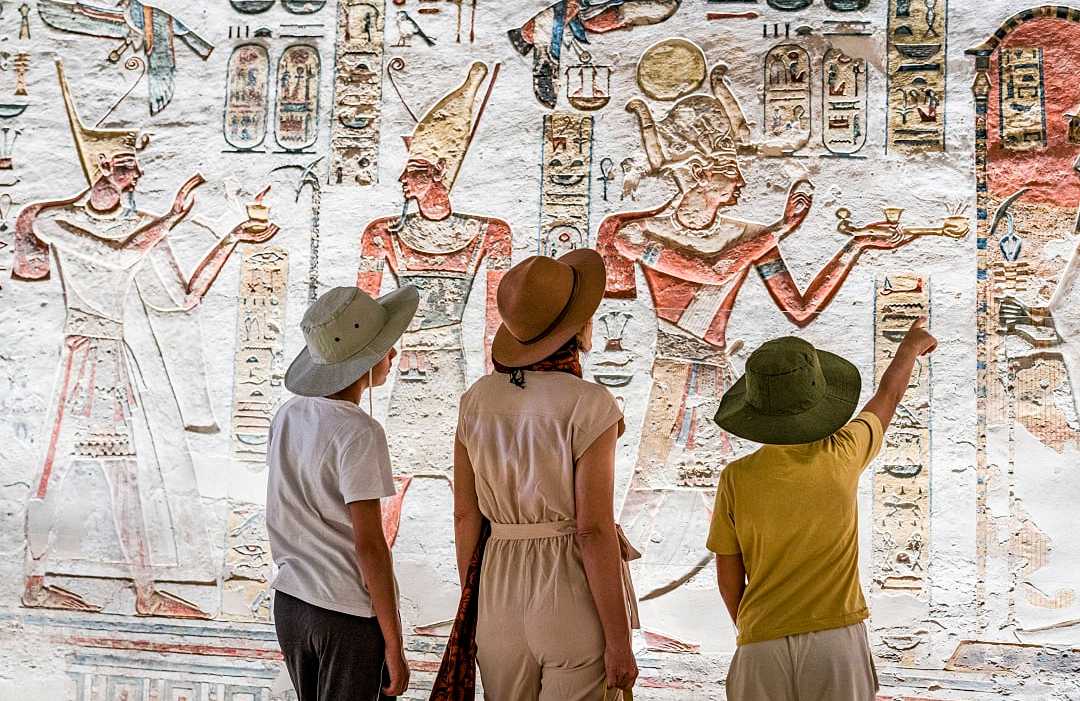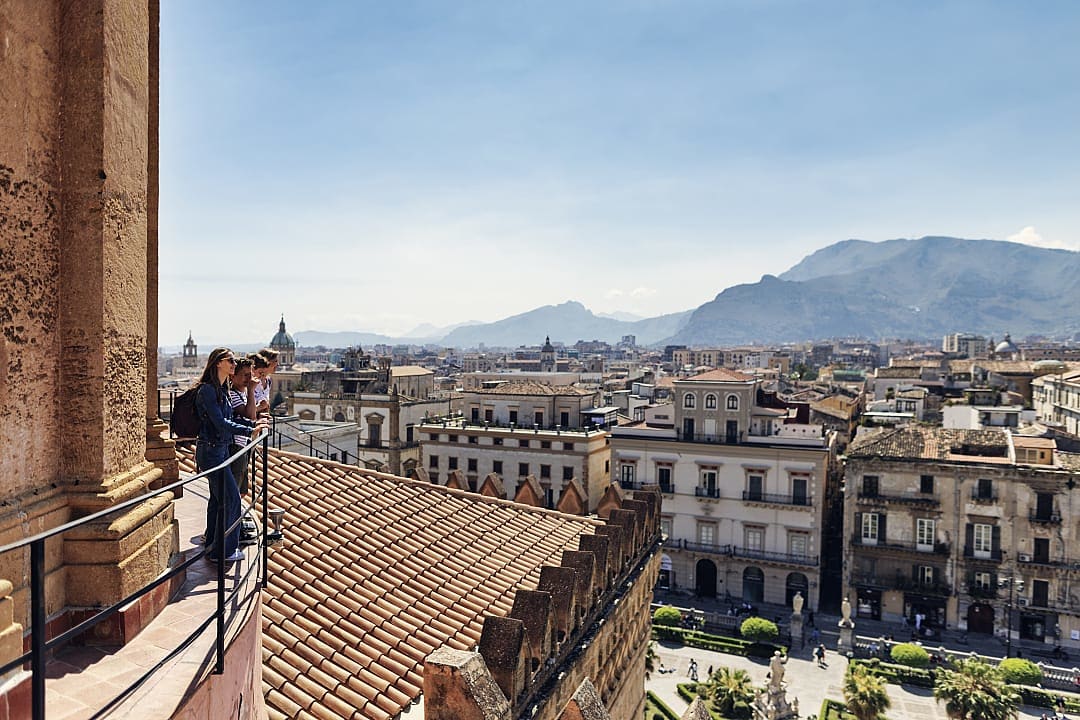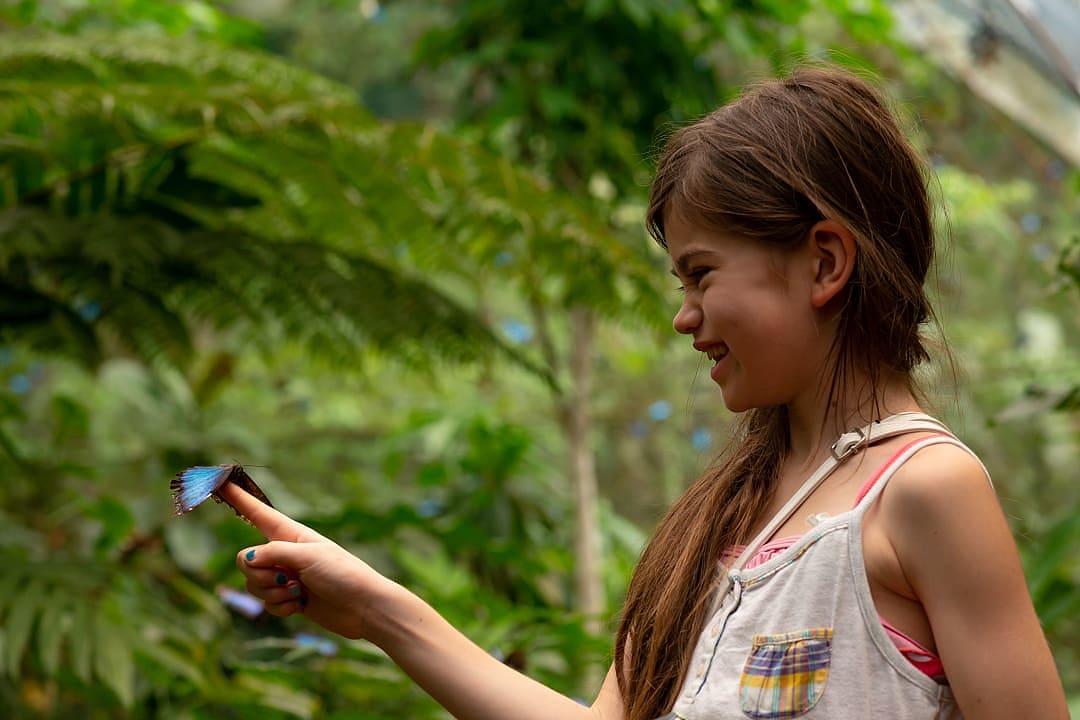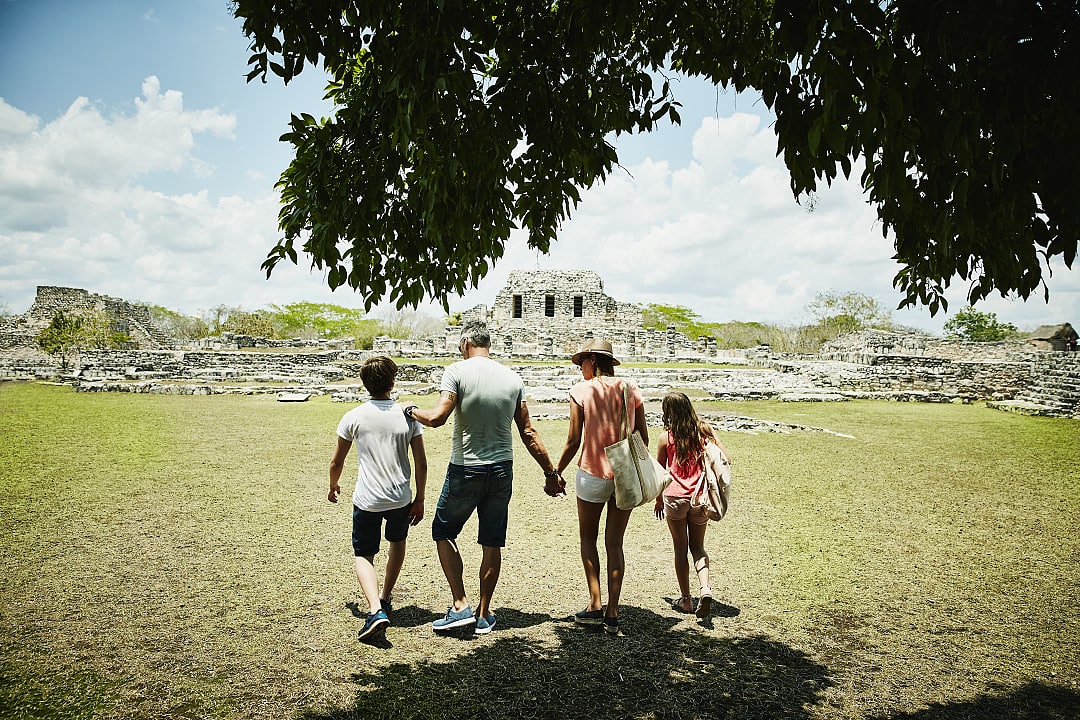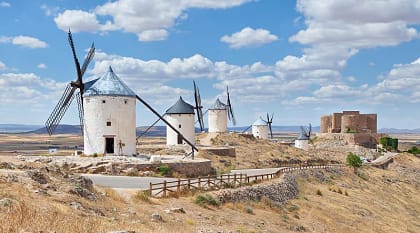Traveling during standard school breaks can create challenges that impact budget and experience. From inflated prices to overcrowded attractions, you have most likely found peak-season travel limits your opportunities for meaningful, relaxed, and enriching vacations.
“We tried visiting national parks during spring break, but it felt like everyone else had the same idea. We spent more time waiting in lines than actually exploring, and the crowds made it hard for the kids to really connect with the experience. It was exhausting, expensive, and honestly, not the memorable family trip we hoped for,” said Sarah M., describing a self-planned trip.
This experience is amplified when visiting a different country. Navigating unfamiliar transportation systems, dealing with language barriers, and adjusting to new cultural norms can already be overwhelming; add peak-season crowds and overbooked attractions, and it quickly becomes chaotic.
Try wrangling kids through a packed train station in Tokyo or waiting hours in the hot sun to get into the Vatican Museum, only to feel rushed once inside. The stress of sticking to rigid tour schedules, inflated holiday pricing, and limited availability at popular sites often means less time enjoying the moment and more time managing logistics. For many families, it turns what should be an enriching cultural adventure into a test of patience and leaves memories of fatigue rather than cherished moments.
Cost, Crowds, and Compromised Experiences
Like many families, you have probably felt trapped by the conventional school-break travel calendar, forcing you to visit destinations during peak seasons. Parents frequently express frustration about paying premium prices during school holidays, when airfares and the price of accommodations can increase exponentially.
Traveling exclusively during these designated breaks in summer, winter, or spring, also means contending with overwhelming crowds at major attractions, long lines, and difficulty securing reservations at quality restaurants or special experiences.
"Taking our daughter out of school for a week to travel through Italy was the best decision we made. She learned more about history, art, and culture in those days than she ever could have from a textbook. The museums were quieter, the locals more welcoming, and we could truly immerse ourselves without the stress of peak-season chaos,” said David L.
Taking a trip outside of the traditional school calendar opens up a world of possibilities. You can take advantage of lower prices, fewer crowds, and a more authentic connection to your destination. Most importantly, traveling during off-peak times allows children to engage more deeply with the places they visit, turning every moment into an opportunity for hands-on learning and genuine discovery.
Seasonal Limitations and Destination Compromises
School breaks rarely align with ideal visiting times for many destinations. Summer break often means enduring sweltering temperatures in Mediterranean countries or monsoon seasons in parts of Asia. Winter breaks can limit your family to either crowded ski resorts or equally impacted tropical destinations, overlooking the rich cultural experiences available in temperate regions during spring and fall.
In just two years, between May 2023 and May 2025, family travel requests during this month more than quadrupled, demonstrating a growing enthusiasm toward off-season travel.
An Italy Zicasso travel specialist notes, "When families visit destinations during the location’s optimal seasons rather than during crowded school breaks, the parents and kids experience places as they're meant to be enjoyed. Venice in May versus August means comfortable temperatures, local festivals, and interactions with residents who haven't fled the tourist crowds."
This flexibility allows you to witness seasonal events like wildlife migrations in Africa on a Serengeti Great Migration Safari or harvest festivals in Europe that would be missed when constrained to standard school breaks.
